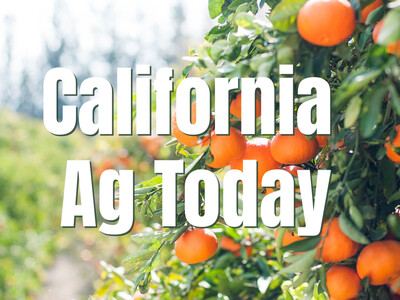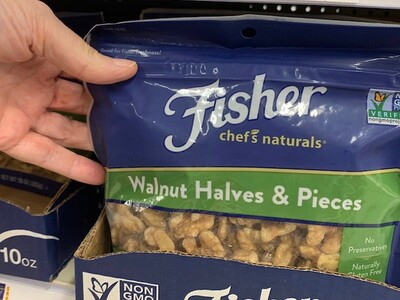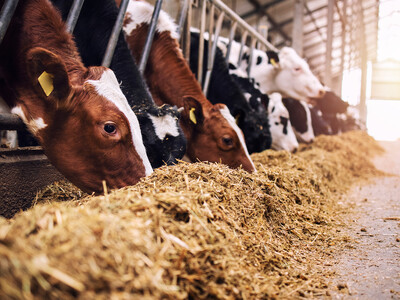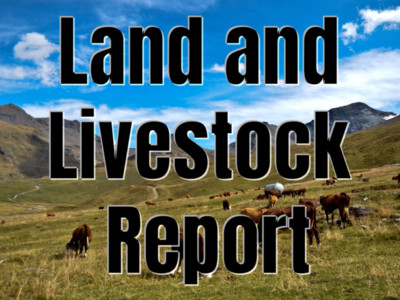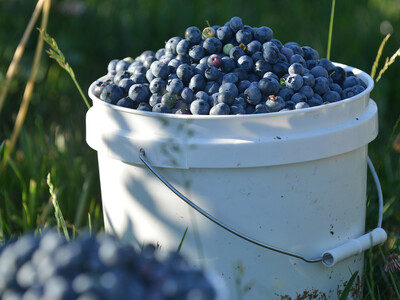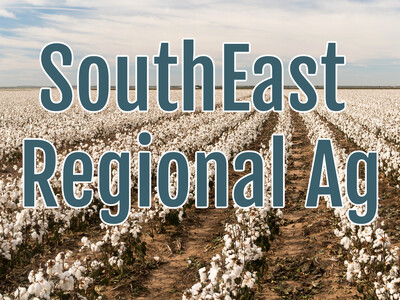Forests National Disaster Sites and Port Problems in Portland
Forests National Disaster Sites and Port Problems in PortlandI’m Matt Rice with Today’s Market Line Report filling in for Gregg Martin.
From California to Washington State the west is battling wildfires, the one consolation is that for the first time in its history, more than half of the U.S. Forest Service budget will go towards wildfire suppression efforts. Here’s USDA Secretary Tom Vilsack on the growing amount of resources needed to fight fires:
Vilsack: “With the longer fire season and the more intense fires, eating up more and more of our budget. We now see 20 years ago – 16 percent of the U.S. Forest Services’ budget was for fire suppression – today it is 52 percent. The report basically warns that if we don’t take action now, it could rise to as much as 67 percent in the near future. We are suggesting that they need to be treated as the natural disaster they are and funded accordingly. We fund tornadoes, floods, and hurricanes out of an emergency fund because they are natural disasters. That is precisely what these intense mega fires are – a natural disaster. We were able to do that we would have greater certainty in the Forest Services’ budget. We’d be able to put more resources behind an effort to make our forests more resilient and healthier. We’d reduce the hazardous fuel build-up in our forests. We’d maintain the U.S. Forest Services properties – the trails, the roads, the campsites would be in much better condition and position across the United States. And we would have much better circumstances for the 166 million visitors that come to our forests every single year.”
Our regions farmers are struggling to find a new shipping route for exporting to Asia and Europe because the last major shipping container service has pulled out of the Port of Portland. The Wall Street Journal sited the fact that Portland’s harbor is shallower and further inland than competing ports. Andrew Fountaine general manager at Spokane Seed Co. was quoted in the article saying it will be a tough road for Northwest farmers whose shipping cost will skyrocket. His company now pays 30 % more to truck peas, lentils and chickpeas to Seattle and Tacoma ports rather than by barge from Lewiston.






